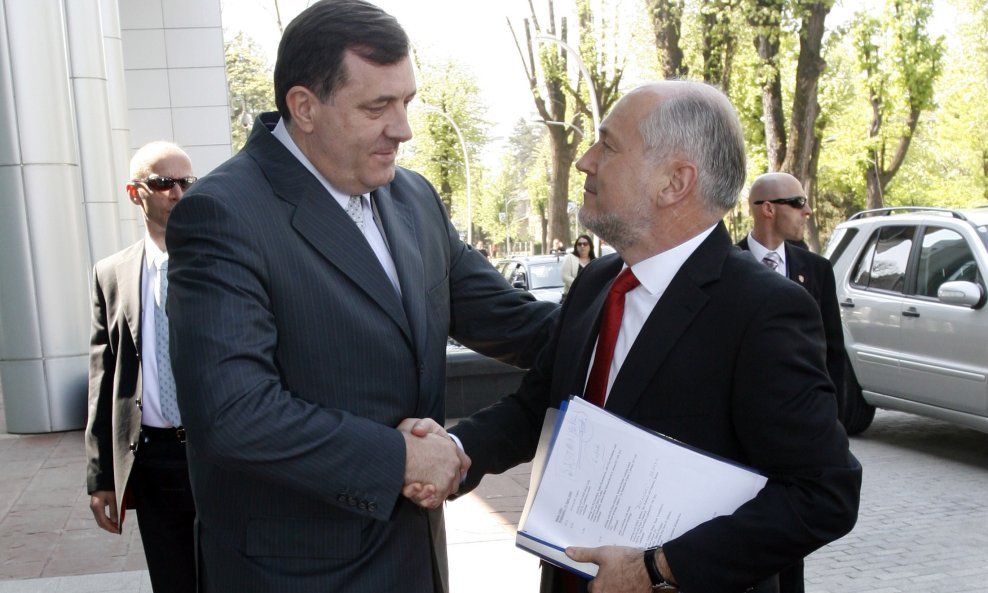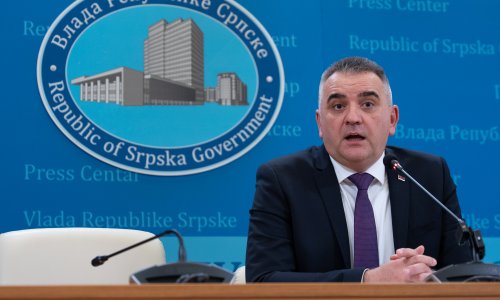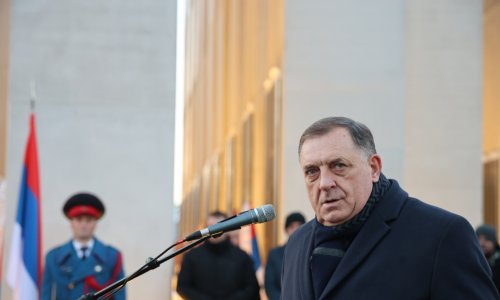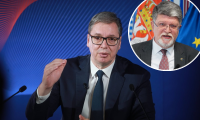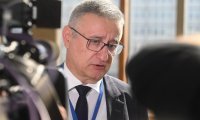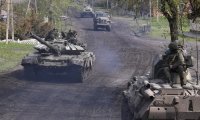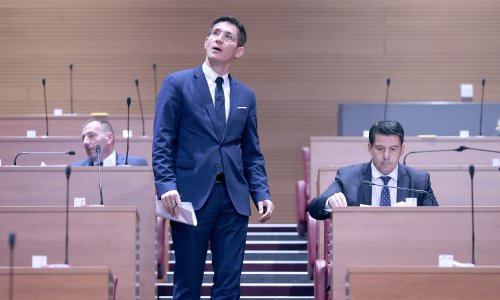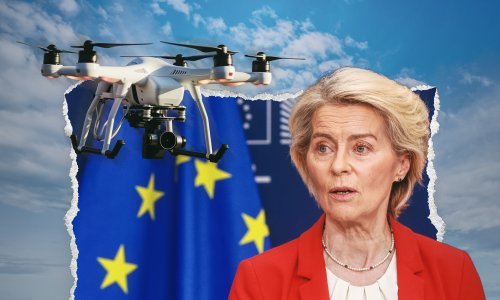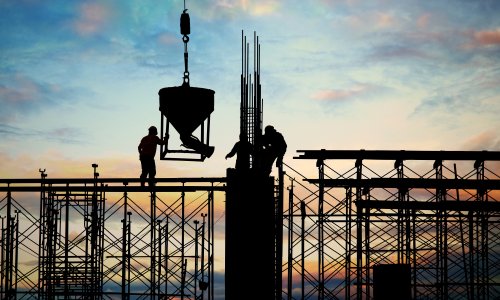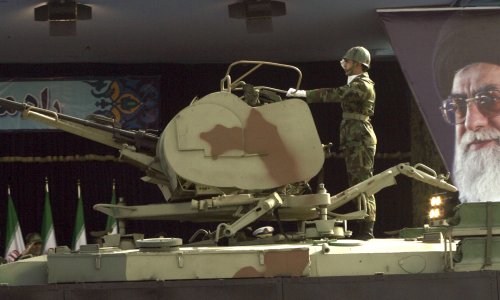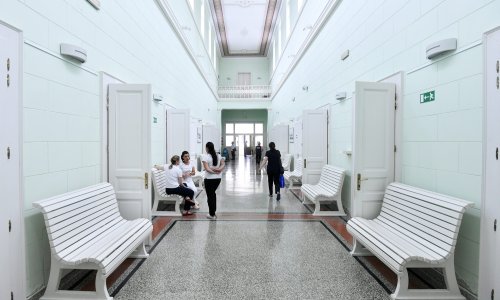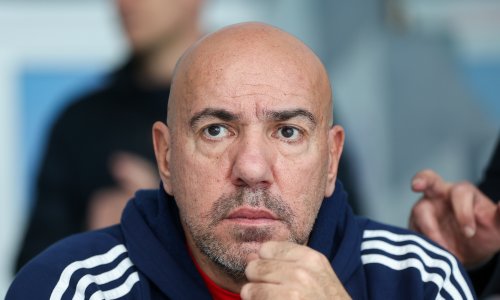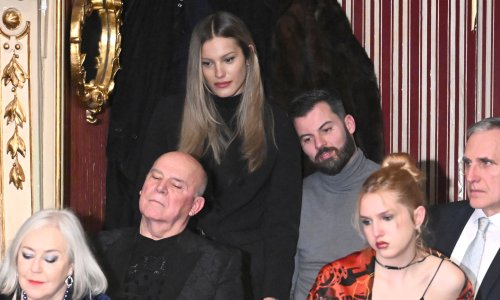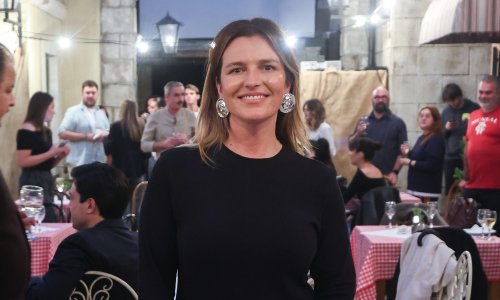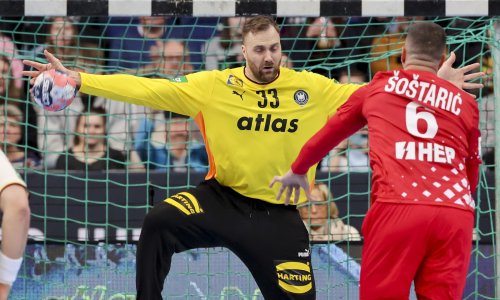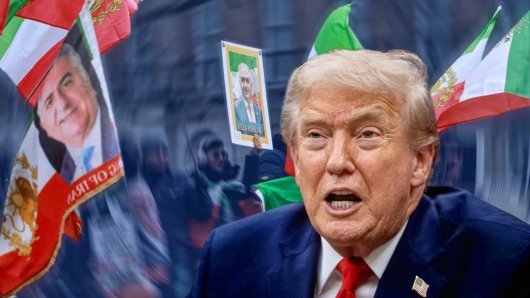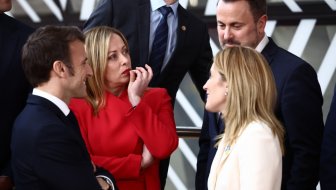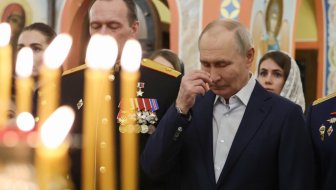The international High Representative to Bosnia and Herzegovina, Valentin Inzko, said on Wednesday he had failed to reach agreement with Bosnian Serb President Milorad Dodik on a referendum planned by the Bosnian Serb authorities.
We have not reached agreement on the referendum issue. We talked about three issues, and those were talks and not negotiations, Inzko briefly told the press after his meeting with Dodik in Banja Luka.
The Austrian diplomat said that the referendum was one of the issues of the talks, but added that Dodik did not agree with the views of the international community, which is opposed to the referendum. They also discussed the formation of state-level government and cooperation between the authorities of Bosnia and Herzegovina's two entities -- the Bosnian Serb entity known as Republika Srpska and the Bosniak-Croat entity called the Federation.
The Republika Srpska parliament has decided to call a referendum challenging the existence of the State Court and the State Attorney's Office. Inzko has said he will annul the referendum decision and has threatened sanctions, in which case the media close to Dodik's ruling SNSD party have announced the possibility of leading Serb officials withdrawing from the state institutions.
The Bosnian Croat party HDZ 1990 said in a statement on Wednesday that the party's president Bozo Ljubic and the Russian ambassador to Bosnia and Herzegovina, Alexander Bocan-Harchenko, agreed at a meeting in Mostar that government could not be based on decisions by the High Representative, but that government in the Bosniak-Croat Federation should be formed in line with the constitution and the legitimate will of the people.
Ljubic and Bocan-Harchenko discussed a recent proposal by the president of the predominantly Bosniak Party of Democratic Action (SDA), Sulejman Tihic, that the Bosniak political bloc, headed by the Social Democratic Party (SDP) and the SDA, should take half of the seats in the state Cabinet, or the Council of Ministers. Bocan-Harchenko and Ljubic described the idea as unacceptable, saying that state-level government should be formed out of political representatives chosen by the majority of the three constituent peoples, including the majority in both entities.



